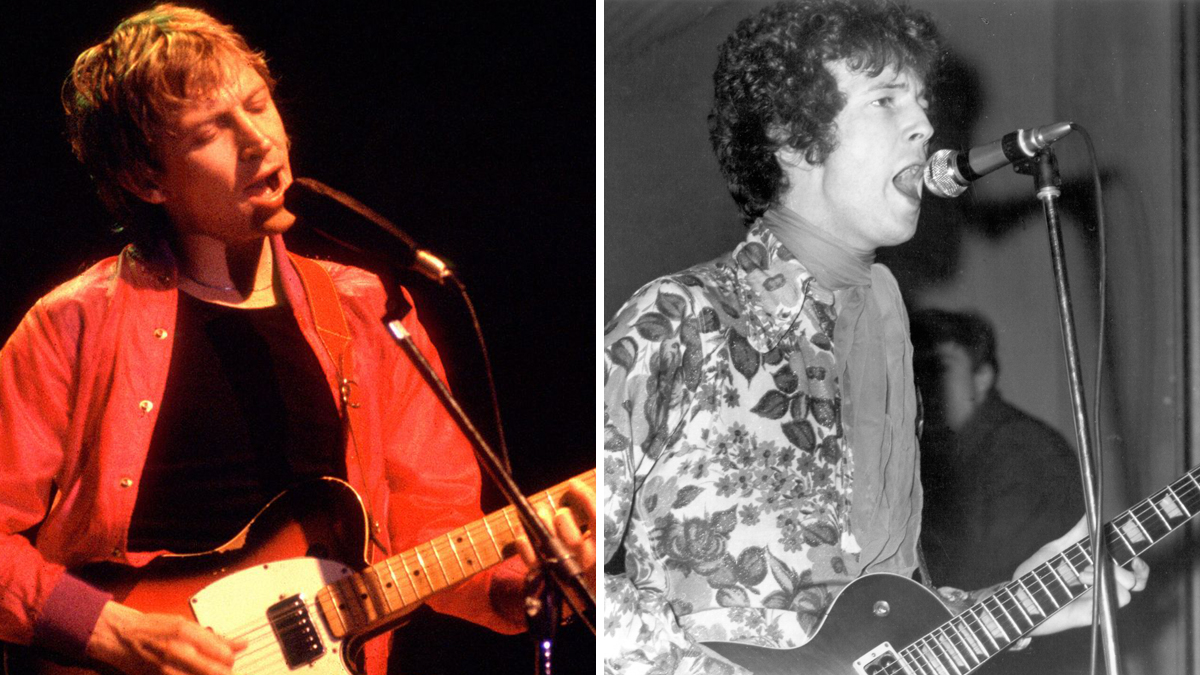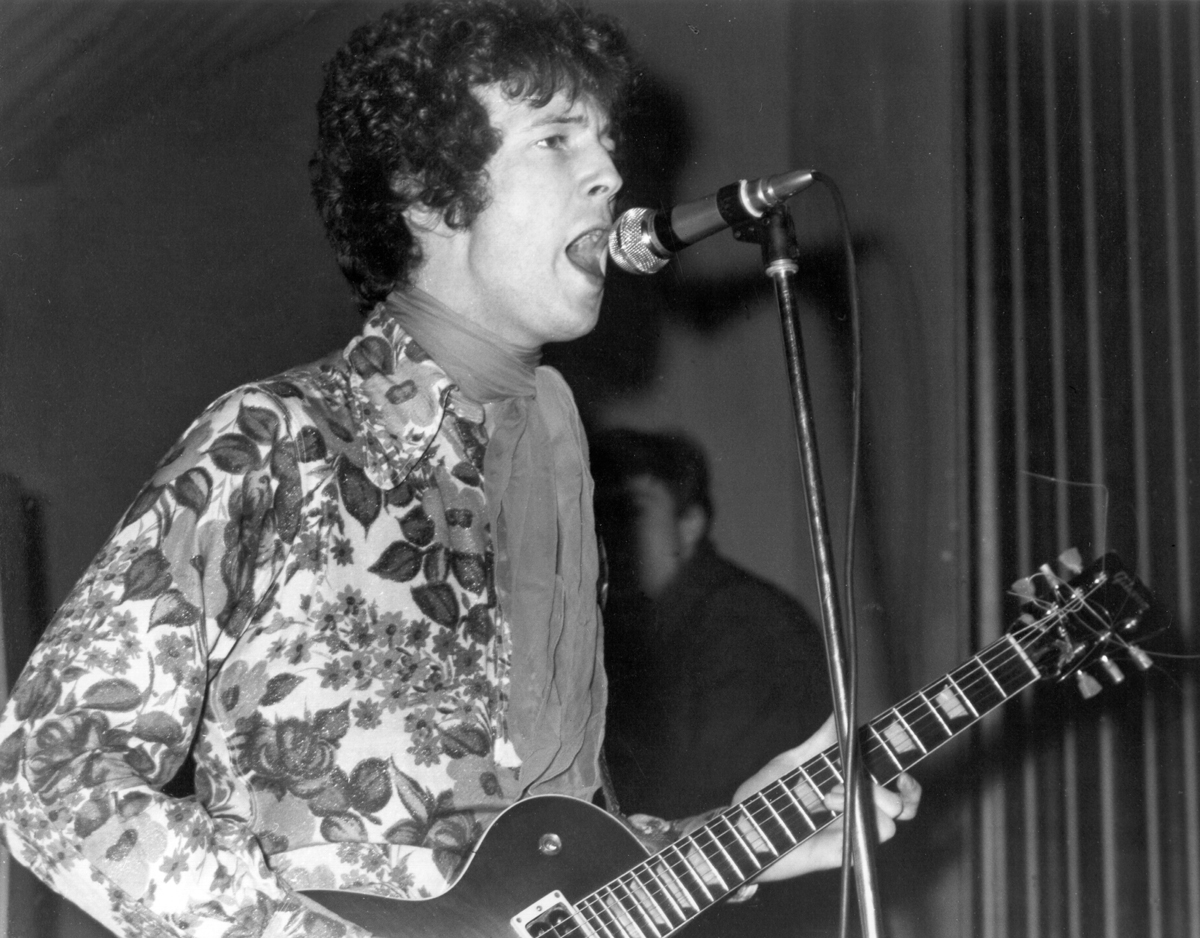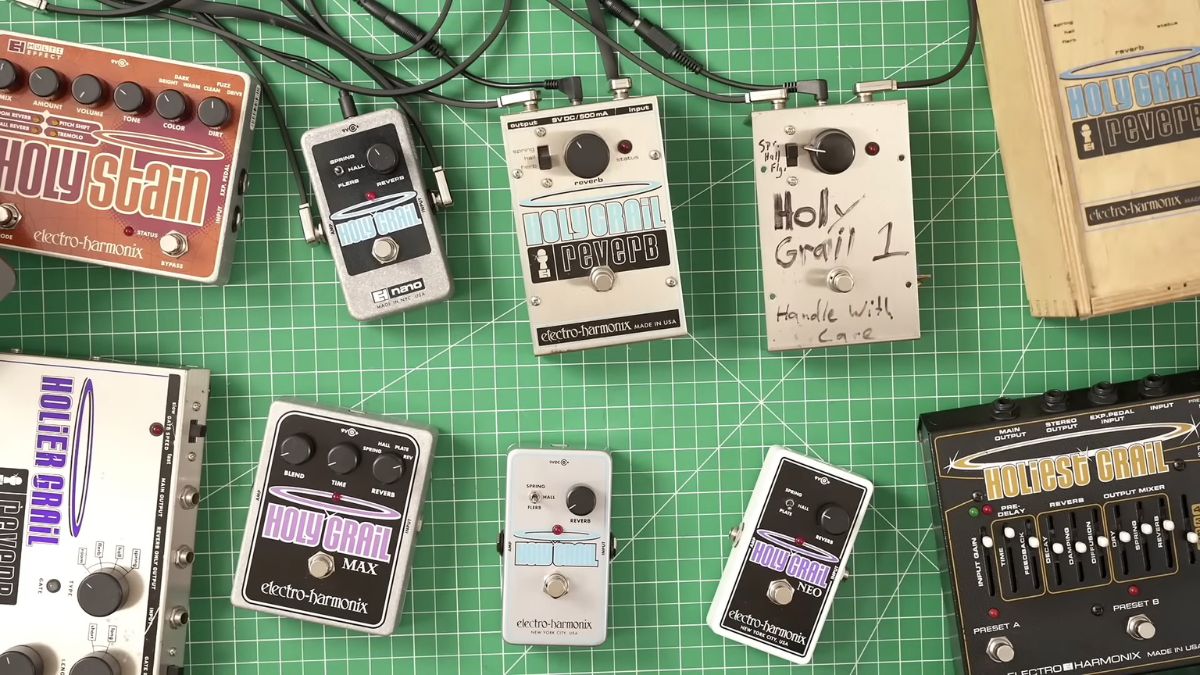“Eric’s Les Paul gets stolen, and he knows I’ve got the other one. He starts calling me relentlessly. I charged him £200. It’s worth about two million now”: Andy Summers recalls selling Eric Clapton his Gibson Les Paul ‘Burst for a bargain price
After Slowhand‘s legendary Beano ‘Burst was stolen in ‘66, Summers reluctantly sold his own Les Paul to the bluesman for a measly £200

The Police guitarist Andy Summers has revealed how, after having his beloved Beano ‘Burst Les Paul stolen in ’66, Eric Clapton “relentlessly” begged for him to sell his own.
Both guitars were bought from London’s Rose Morris music shop, which is still open after over 90 years of instrument-slinging, but it was Clapton's that quickly became the standout.
Speaking on Rick Beato’s YouTube channel, Summers explained how Clapton had been inspired to pick up his own original Gibson Les Paul with a sunburst finish after seeing Summers flaunting his.
“Eric was helping American blues surface in the UK – he was very purist about it,” Summers explains in the video. “I walked into The Flamingo one night and Eric was on stage with John Mayall getting ready for a set. He saw this beautiful sunburst Les Paul I had and said, 'Where'd you get that?!' Naively, I told him and Eric went and got the other one.”
The instrument became a vital ingredient in the success of John Mayall's 1966 album Blues Breakers, helping inspire a generation of would-be blues guitarists. Seen reading a copy of the Beano on the record's cover, it was soon dubbed the 'Beano' album, with Clapton's Les Paul gaining a similar moniker.
Its residency in the hands of Clapton, however, was short-lived as it was taken from a church hall practice room later that year. That spelled bad news for Summers.
“I had moved over to a ‘58 White Telecaster,” he explains. “I liked it more than the Les Paul for some reason, so it was in a case under my bed, but he knew I had it. He kept calling me. ‘I don’t want to sell it. I don’t want to sell it.’ But I felt a little bit weird about it because it seemed like the back pickup didn’t work. None of us knew shit about electronics; a guy could have just fixed it in one tweak.
All the latest guitar news, interviews, lessons, reviews, deals and more, direct to your inbox!
“I kept resisting it,” he continues. “And I didn't feel great about it, but eventually I agreed to sell it. He called me so many times; he just really wanted it.
“I charged him 200 pounds for it,” he goes on to reveal. “It’s worth about two million now. Who knew?”
Even with the Clapton association, Summers may be overestimating the guitar’s value a tad, but we’ll forgive the poetic license. Recent ’Bursts – including the pristine ‘Miss Swiss’ and Kirk Hammett’s flame-tastic Sunny – have been listed for $450,000-$500,000. Clapton guitars do go for big money – the ‘Fool’ Gibson SG sold for $1.27 million just last month – but this particular Les Paul does not have quite the same lineage.
That said, in his chat with Beato, Summers goes on to say how, after receiving the money from Clapton’s manager, he hand-delivered the guitar to Advision Studios. There, Clapton was recording Cream’s debut album, Fresh Cream, with Jack Bruce and Ginger Baker. The guitar was used across the album and the double A-Side, I Feel Free, which followed.
Yet its legacy too was cut short. In early ’67, Clapton's second 'Burst suffered a head-break (see the photo below – thanks for the spot, GroundGuitar) and it didn't receive the most delicate of repairs, which led him to move over to an SG Standard instead.
Today, it's part of dealer Drew Berlin's extensive vintage guitar collection and features a mandolin-style Gibson headstock. ‘Eric Clapton’ is inscribed where the original headstock would have been.

A third ‘Burst, this time a ’58 model, did occasionally see some use on Cream’s farewell tour the following year. But it was soon left in the hands of Free’s Paul Kossoff after Clapton – then in Blind Faith – supported the band in the summer of ’69.
The whereabouts of Clapton’s original Beano ‘Burst remains a mystery to this day, and yet, in the short time Clapton used it, it left a powerful legacy.
A young Texan called Billy Gibbons – who would later form ZZ Top, for any not-so-sharply dressed readers – was just one of many enamored by Clapton’s pairing with the Les Paul.
“The sound was just so fierce and so attractive,” Gibbons reflected during a conversation with Guitarist.
“The appeal drew everyone’s curiosity to attempt to suss out where this sound was coming from. The photograph of Eric on the back cover was a clue. We said, ‘Ah, look in the background, there’s a Marshall, but it’s not very big, and ah, look at that. They don’t make those any more – but it’s one of those Les Pauls!’”
Both the Beano ’Burst and Summers’ Les Paul have something of a mythic quality to them today, having been part of the fabled limited run of Gibson ’Burst models, manufactured between 1958 and 1960. They were replaced by a new double-cutaway model and by the mid-'60s the 'Bursts were deemed the “old model”.
Summers’ recent chat with Rick Beato was an anecdote goldmine as the 80-year-old talked through his expansive 60-year-career. Amongst the stories spun, Summers reflected on an impromptu jam he had with Jimi Hendrix and Mitch Mitchell.
A freelance writer with a penchant for music that gets weird, Phil is a regular contributor to Prog, Guitar World, and Total Guitar magazines and is especially keen on shining a light on unknown artists. Outside of the journalism realm, you can find him writing angular riffs in progressive metal band, Prognosis, in which he slings an 8-string Strandberg Boden Original, churning that low string through a variety of tunings. He's also a published author and is currently penning his debut novel which chucks fantasy, mythology and humanity into a great big melting pot.



